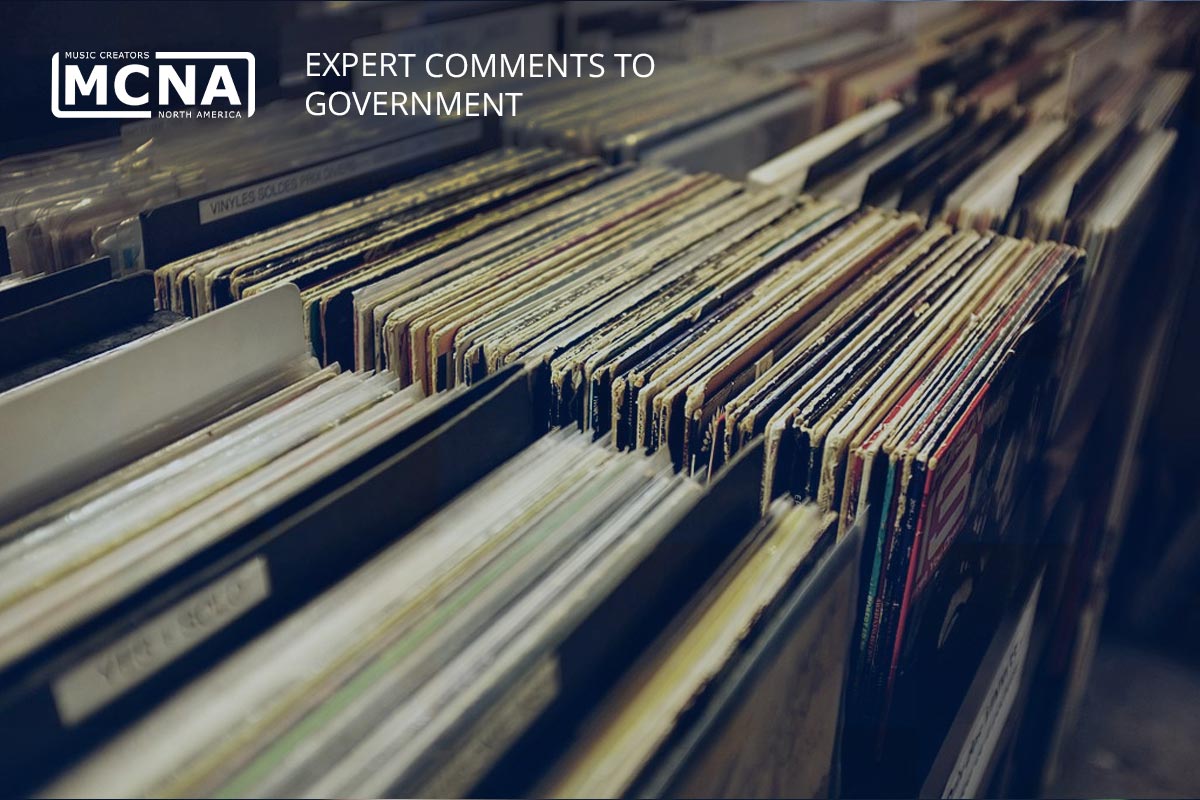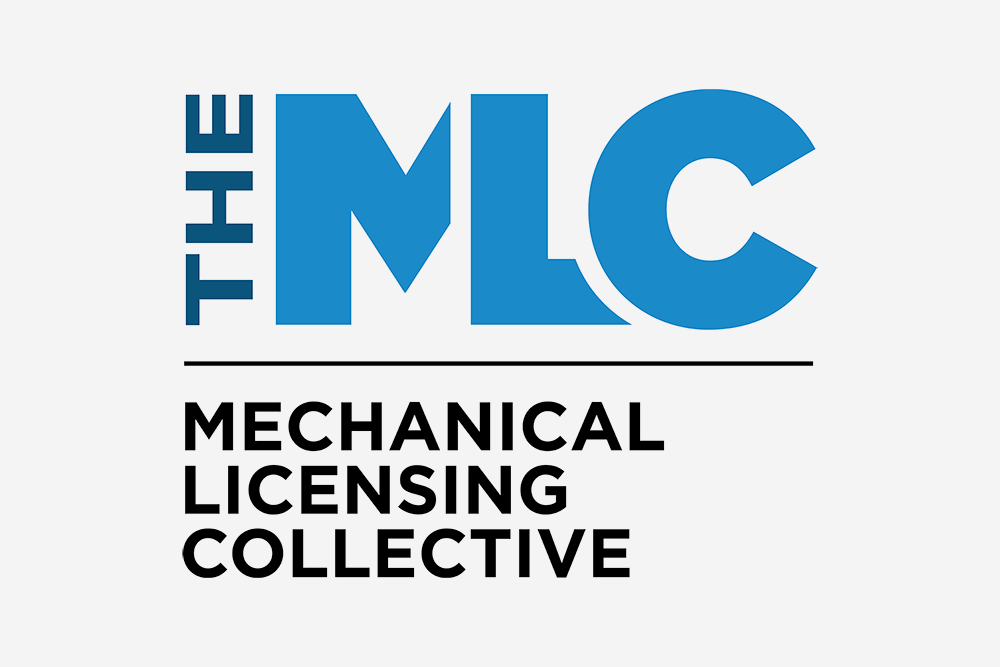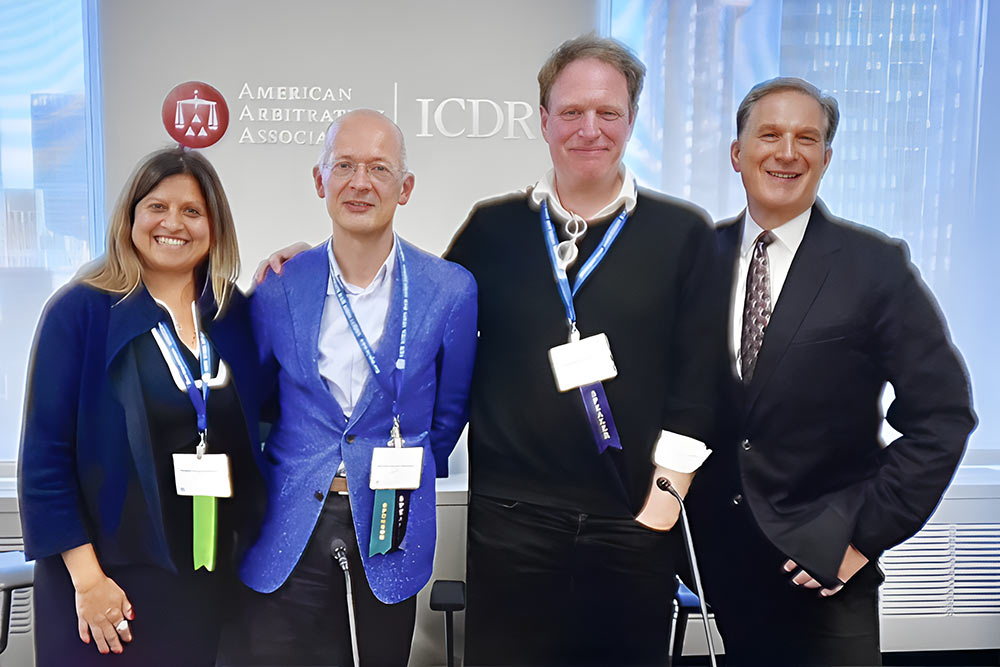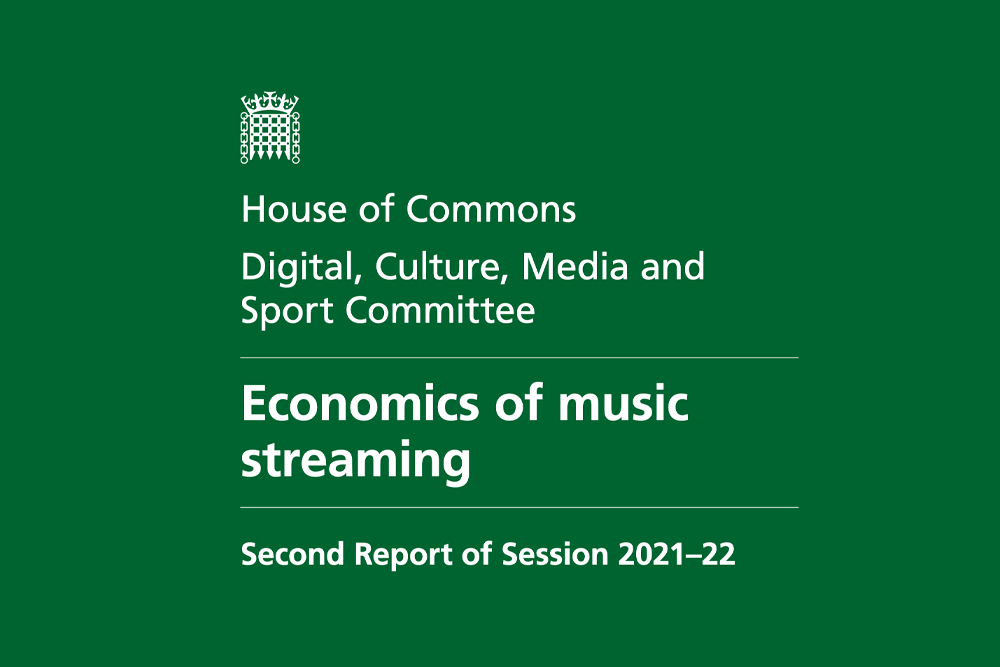Coalition of independent US and global songwriters and composers expresses thanks and support to representative Scott Fitzgerald (R-WI) for his letter urging improvements to the US Mechanical Licensing Collective (MLC)
September 3, 2024, Washington, DC : The Songwriters Guild of America (SGA), the Society of Composers & Lyricists (SCL) and the Music Creators North America (MCNA) coalition – on behalf of over ten thousand US songwriter and composer members and their heirs and with the support of tens of thousands more represented by our organizations’ affiliated International Council of Music Creators (CIAM) –offer our sincerest thanks and support to US Congressman Scott Fitzgerald (R-WI) for his stalwart efforts in seeking to protect our rights through much-needed operational and structural improvements to the US Mechanical Licensing Collective (MLC). The MLC collects and distributes hundreds of millions of dollars in royalties to songwriters and composers through their music publishing administrators each year.
Following the filing by our coalition in May, 2024 of comments expressing conditional support for re-designation by the US Copyright Office of the current MLC if – and only if – certain reforms are instituted to improve its transparency, operational fairness and accuracy in distributions Representative Fitzgerald came forward with his own letter to the Copyright Office dated August 29, 2024 asserting the need for reforms in full basic harmony with our own positions. His Congressional office is one of many with whom our groups have had impactful and productive discussions concerning the need for closer governmental oversight of the MLC process in order to protect American music creator rights, as clearly intended by Congress in the Music Modernization Act enacted five years ago.
Among the urgently required reforms addressed in Congressman Fitzgerald’s letter are greater MLC budgetary transparency, improved outreach and accuracy in identifying and contacting owners of unmatched “black box” royalties (potentially approaching one billion dollars in unmatched and/or undistributed funds by 2025), and improved MLC board neutrality, balance and fairness. As to this latter issue, the Congressman was forthright in acknowledging that the MLC board has conducted itself more as an advocate solely for the corporate music publishing industry rather than, as Congressionally intended, an unbiased body charged principally with protecting creator’ rights and royalties.
There are several problems related to the presence on the MLC board of only four songwriter/composer directors as compared to ten music publisher representatives (a unique imbalance compared to all other music royalty collectives around the world), including the fact that “permanently” unmatched royalties are to be distributed by the MLC on a “market share” basis. That construct means that music publisher board members stand to benefit by NOT properly identifying and distributing royalties to their actual creator-owners, the very task legislatively assigned to the MLC at the time of its Congressional creation. Moreover, the alleged songwriter organizations’ representative appointed as the non-voting board overseer for music creator interests has proven to be nothing more than a rubber stamp for corporate interests in direct opposition to the creators’ interests it purports to safeguard. We are aware of no other American music creator group that supports continuation of this facade of creator “representation.”
Our groups appreciate the consistent outreach and earnest work of MLC chief executive officer Kris Ahrend, but we join Congressman Fitzgerald and his supporting colleagues in the House and Senate in insisting that the enumerated reforms cited in our Copyright Office submissions must be considered essential prerequisites to MLC re-designation (including endorsement by the MLC Board of Congressional action to equalize board representation between music creators on the one hand and their corporate copyright owners and administrators on the other). Our coalition will meanwhile continue its work on Capitol Hill and with the Copyright Office advocating for genuine protections of independent, individual music creator rights by the MLC.
The Songwriters Guild of America (SGA) is the longest established and largest music creator advocacy and copyright administrative organization in the United States run solely by and for songwriters, composers, and their heirs. Its positions are reasoned and formulated independently and solely in the interests of music creators, without financial influence or other undue interference from parties whose interests vary from or are in conflict with those of songwriters, composers, and other authors of creative works. Established in 1931, SGA has for over 90 years successfully operated with a two-word mission statement: “Protect Songwriters,” and continues to do so throughout the United States and the world. SGA’s organizational membership stands at approximately 4500 members. For more information: www.songwritersguild.com
The Society of Composers & Lyricists (SCL) is the premier U.S. organization for music creators working in all forms of visual media. With chapters in Los Angeles, New York and Nashville, and members in every state of the U.S. as well as over 80 countries around the world, the SCL operates as the primary voice for close to 4,000 members who work as creators of scores and songs for film, television, video games, and theatre. The SCL is a founding co-member – along with SGA and other independent music creator groups – of Music Creators North America (MCNA). For more information: www.thescl.com
Music Creators North America (MCNA) is an alliance of independent songwriter and composer organizations that advocates and educates on behalf of North America’s music creator community. It includes, by way of example, the organizations Music Answers, The Alliance for Women Film Composers (“AWFC”), the Game Audio Network Guild (“G.A.N.G.”), and other leading North American music creator groups throughout the US and Canada. As the only internationally recognized voice of American and Canadian songwriters and composers, MCNA, through its affiliation with the International Council of Music Creators (CIAM), is part of a coalition that represents the professional interests and aspirations of more than half a million creators across Africa, Asia, Austral-Oceania, North and South America, and Europe. For more information: www.musiccreatorsna.org
###



